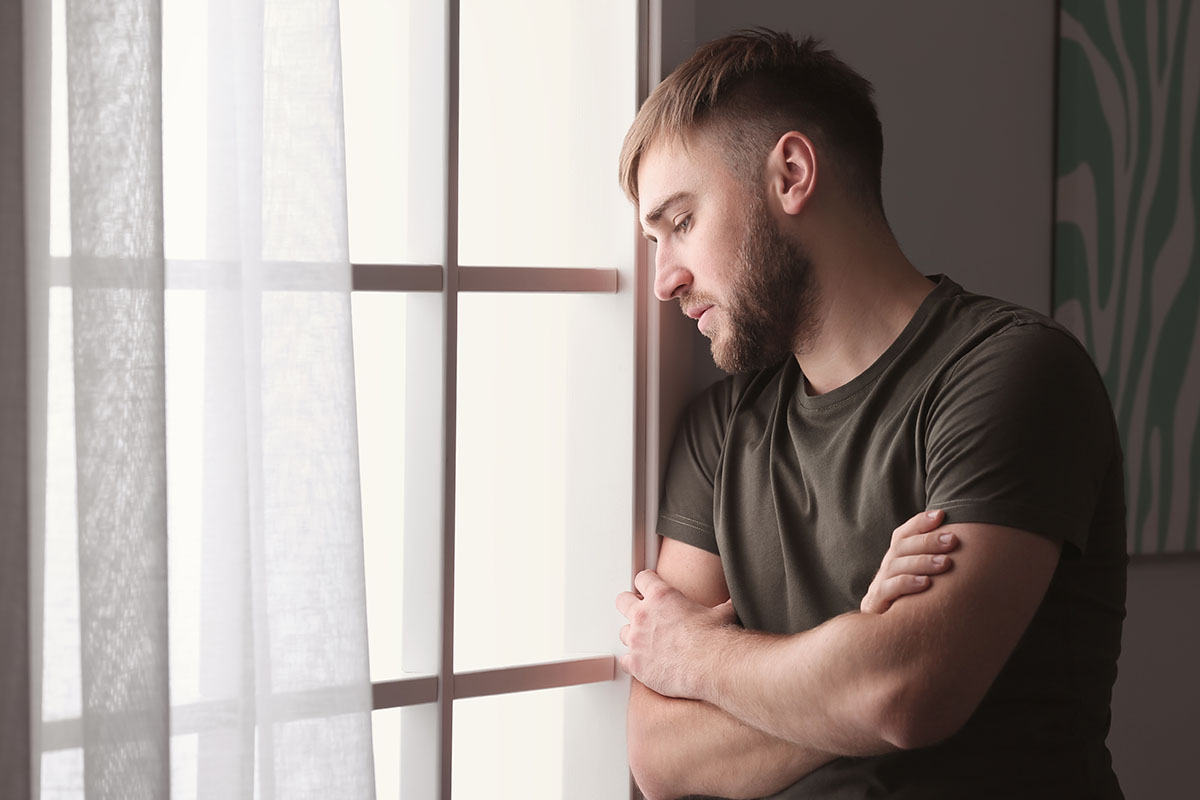If you are trying to rid yourself of dependence on drugs, you may have thought about handling it on your own at home. However, it is recommended to seek professional help when you are struggling with drug addiction. Before you consider attempting self-detox, you should understand the dangers of detoxing alone. The medication assisted treatment centers at BrightView are here to help you get through withdrawal symptoms more comfortably and effectively so you can succeed in recovery. Call us today at 888.501.9865 to start your recovery journey at a conveniently located detox center in Ohio.
The Dangers of Self-Detox
It can be tempting to try to kick your drug addiction on your own. Some people avoid seeking drug addiction treatment for various reasons, including a lack of health insurance, fear of the costs associated with treatment, worries about the time treatment might take, and concerns about being unable to take care of obligations such as work, family, and paying the bills. These concerns are understandable. However, attempting to self-detox can be dangerous and may end up backfiring, possibly setting you back even further. With this in mind, it is important to know the possible drawbacks of detoxing alone. Within a few hours of your last drug use, you can start to experience the following side effects:
- Severe flu-like symptoms
- Depression
- Nightmares
- Slowed speech or movements
- Insomnia
- Intense drug cravings
These symptoms last for two to four days after your last use. The following are some of the dangerous consequences that can result from detoxing alone:
- Extreme dehydration can occur from excessive vomiting and diarrhea, especially if you are not replacing the lost fluids with water and electrolytes. In some cases, you may need to go to the emergency room to manage severe dehydration.
- There is a risk of severe vomiting and possibly choking on your own vomit if nobody is around to monitor you.
- There is a higher risk of overdosing. If you stop using drugs for several days but cannot sustain sobriety and begin taking those drugs again, your body’s tolerance may have changed, and you can accidentally overdose.
- The combination of insomnia, physical illness, and depression can increase the risk of suicidal thoughts. Attempting self-detox can be intense and lead you to think in ways you normally would not, including considering self-harm.
While some people can successfully detox on their own, it is generally not recommended. You should work with your doctor to try to wean yourself off of the drug rather than going cold turkey by yourself.
How Treatment at a MAT Clinic Sets You Up for Successful Recovery
Getting professional treatment for drug addiction is always recommended over attempting a self-detox. Medical professionals are trained to help you manage withdrawal symptoms safely so you can recover more comfortably. The side effects will be much less severe, and you will not run the same risks as with a self-detox. Many medication assisted treatment programs also include individual counseling, case management, and support to provide an effective, well-rounded approach to drug addiction treatment.
A BrightView Treatment Center Can Help You Detox Safely
With the widespread availability of medication assisted treatment at local drug rehab centers, there is no need to risk the dangers of self-detox. BrightView’s outpatient MAT clinics can help you get through withdrawal symptoms with minimal discomfort so you can achieve your recovery goals and regain your freedom from drug addiction. Our team of professionals will stand by you through the process to support your success. Call us today at 888.501.9865 to find out more about how we can make withdrawal more manageable so you can recover from drug addiction for the long term.
